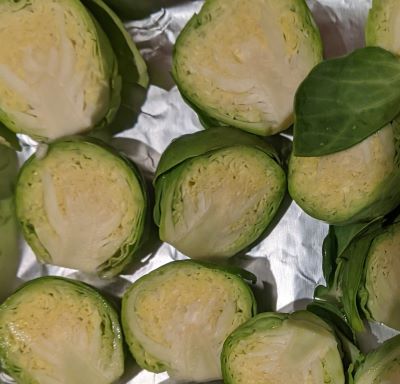
Black Soldier Flies Protect Brussels Sprouts
Not only does black soldier fly frass improves growth of Brussels sprouts, but also it protects them from an important soil-dwelling pest.
Wantulla, M., Dicke, M. and van Loon, J.J., 2023. Effects of amending soil with black soldier fly frass on survival and growth of the cabbage root fly (Delia radicum) depend on soil type. Journal of Pest Science, https://doi.org/10.1007/s10340-023-01710-9
New approaches to managing the cabbage root fly (Delia radicum L.) are needed because pesticide regulations continue to limit the availability of effective control products. Soil amendment with black soldier fly (Hermetia illucens L.) frass has recently been shown to reduce D. radicum survival. In a greenhouse experiment, soil from a field on which brassicaceous plant species had repeatedly been grown (brassica field soil) was mixed with frass at ratios of 1, 2 or 5 g/kg. In a second greenhouse experiment, 5 g/kg were added to (a) brassica field soil, (b) soil from a different field on which non-brassicaceous species had been rotated (crop rotation field soil) or (c) blocks of potting soil that were later transplanted to unamended field soil. Brussels sprouts (Brassica oleracea L.) plants were grown in amended soil and were infested with D. radicum larvae after 4 weeks. While amendment with 1 or 2 g/kg did not affect D. radicum performance compared with unamended soil, 5 g/kg reduced D. radicum survival and pupal biomass in brassica field soil. In crop rotation field soil, amendment with 5 g/kg reduced pupal biomass but did not reduce D. radicum survival. Amendment with 5 g/kg had no effect on D. radicum performance in potting soil. In general, D. radicum survival was lower in brassica field soil than in either other soil, irrespective of soil amendment. The effects of black soldier fly frass on D. radicum appear to depend on soil type.
